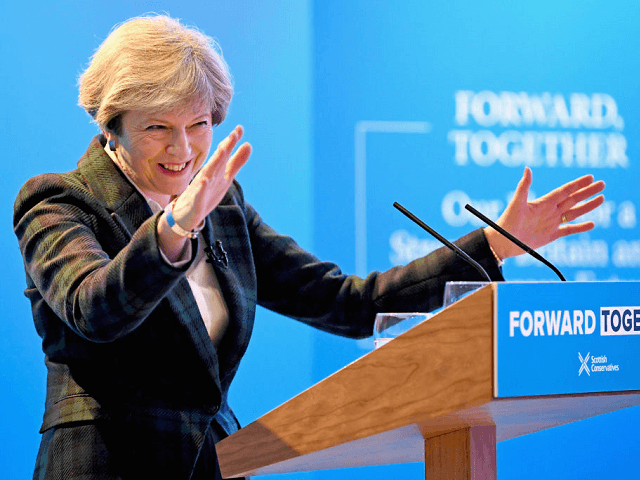Conservative Party plans to crack down on “extremism” could lead to the dangerous censorship of public debate, the Christian Institute has warned.
The Party’s manifesto pledges that a Conservative government will “establish a Commission for Countering Extremism to identify examples of extremism and expose them,” but concerns have been raised that the definition of extremism is so vague, it may be used as a fig leaf to persecute those with unfashionable opinions.
Colin Hart, Director of The Christian Institute, said “The word ‘extremist’ has been robbed of all meaning by activists who use it against anyone who disagrees with them. We’ve already seen a series of witch-hunts against people with traditional views.
“This Commission on extremism might make a bad situation a whole lot worse.
“You can’t have […] this Commission for Countering Extremism denouncing people for not holding the ‘correct’ views.”
“We will consider what new criminal offences might need to be created, and what new aggravated offences might need to be established, to defeat the extremists,” the manifesto reads. However, writing to the Parliamentary Joint Committee on Human Rights in February of this year, the Home Secretary Amber Rudd admitted that a working definition of “extremism” had yet to be formulated.
“[T]his policy area raises complex issues relating to freedom of speech and the importance of having a clear legal definition of extremism,” she wrote, adding: “These are issues that my department continues to consider and, as you know, we have committed to a full consultation on any new legislation before it is introduced.”
Mr Hart warned: “using the vague concept of ‘extremism’ on its own as a basis for taking away freedoms is a serious risk to civil liberty.
“People labelled extremists in their own day include Martin Luther King, Rosa Parks, Harriet Beecher Stowe, William Wilberforce and the Tolpuddle Martyrs.
“Today, people like Germaine Greer and Dame Jenni Murray are vilified for ‘extreme’ views on transsexualism that actually represent the views of the great majority of people.”
The policy is particularly troubling as the manifesto also sets out plans to apparently redesign the internet to filter out unwanted or undesirable communications.
“In harnessing the digital revolution, we must take steps to protect the vulnerable and give people confidence to use the internet without fear of abuse, criminality or exposure to horrific content. Our starting point is that online rules should reflect those that govern our lives offline,” the manifesto states, adding: “Some people say that it is not for government to regulate when it comes to technology and the internet. We disagree.”
Buzzfeed News has reported that senior Tories have confirmed the government “intends to introduce huge restrictions on what people can post, share and publish online.”
Jim Killock, of the Open Rights Group campaign, told BuzzFeed that under the proposals, Facebook and Google could end up having to decide what constitutes legal content, rather than allowing the courts to rule on the matter.
“They won’t get it right – they’ll behave in a risk-averse fashion,” he said. “They’ll censor more than they need to. I do not want Mark Zuckerberg to think of himself as judge and jury of what people can say in Britain.”

COMMENTS
Please let us know if you're having issues with commenting.